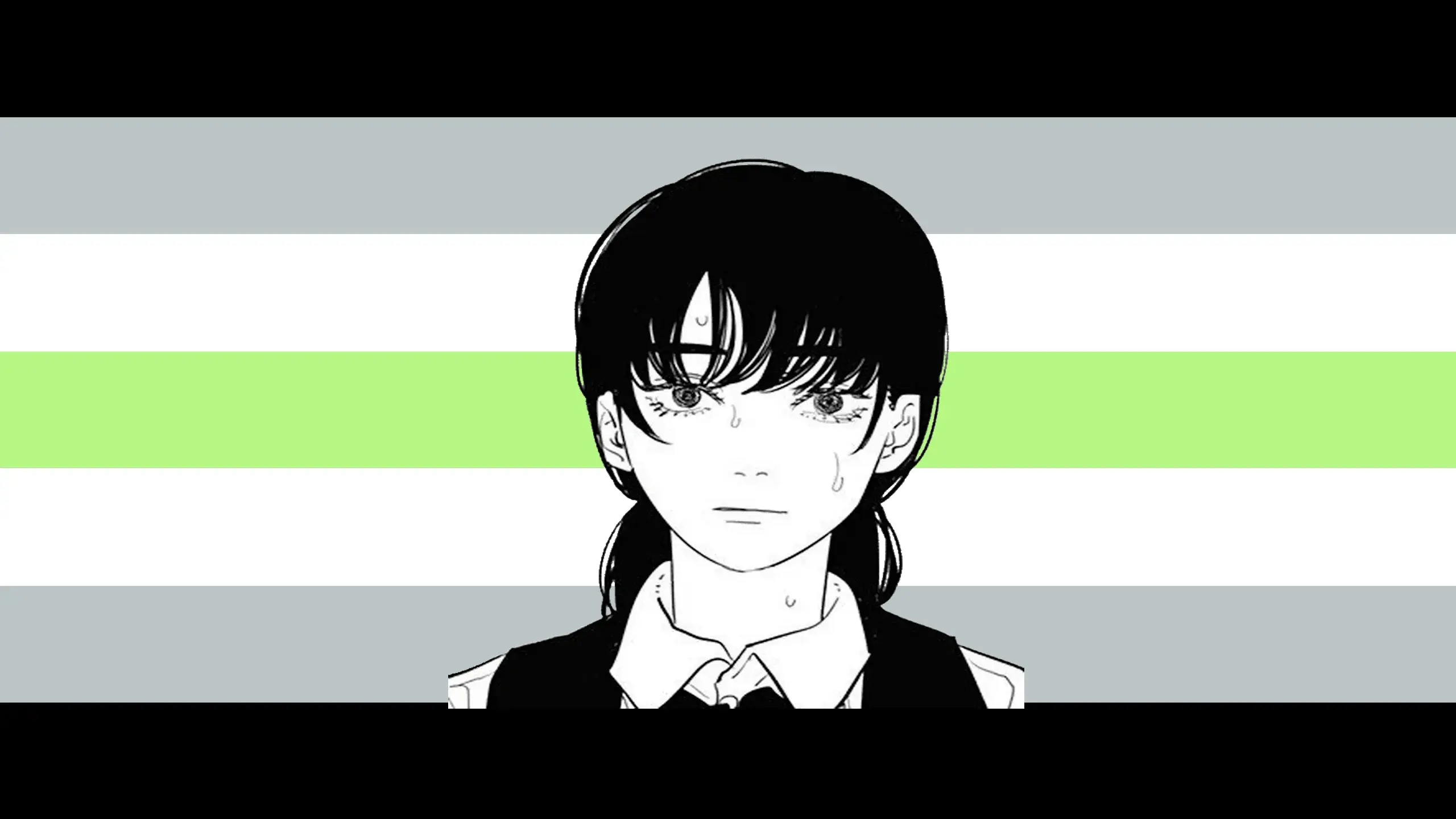I'm posting in c/movies but including tv shows, anime, comics, manga, etc.
Personally I think the final war rig sequence in Mad Max: Fury Road is the most impressive live-action fight I've ever seen. The practical effects and choreographing are incredible and the fight keeps moving along by having the stakes raised and characters dying, it doesn't meander.
In animation it's harder to say. Attack on Titan had a lot of really well animated action (it used be so good, goddammit). The battle in Shiganshina in season 3 is the best, the narrative weight is so strong, the characters all have really good moments, the stakes are really high and the production is incredible, animation, soundtrack, sound design, voice acting etc.
Mob Psycho has the most consistently incredible animation of anything I've ever seen, I think the group fight against the teleporting psychic in season 2 is my personal favourite, even if it's not the flashiest, it's really well directed and just such a cool fight, even though it's not that long.
The ChainsawMan manga has a lot of good fights, the Falling Devil arc is like my favourite arc of anything ever, but that's mainly because of the characters. The art is stunning, Fujimoto at his absolute peak, but the action is pretty straightforward. I mainly love it because it's Asa at her best as a character, and Asa is my favourite character of anything ever.
Wow it was way easier for me to choose a live action sequence than animated. Honestly there's so much lazy action in superhero slop that Mad Max stands out so, so much.


That's definitely a big part of the movie, and I imagine it has a lot of significance for the genre as a sort of deconstruction and examination of its own tropes. Wuxia stuff is usually about individualistic renegades who shirk unjust laws, and I remember a bunch of american reviews of Hero claiming that the movie was authoritarian (of course) since the brave lone warriors were depicted as being immature for wanting to keep a finished war alive for the sake of their pride.
(Warning very uncool Hero rant incoming)
That might be true, I can't read Zhang Yimou's mind, but that always seemed like a pretty shallow read of a movie with a lot of depth. Like any good work of art it's full of ambivalence, and is not didactic. There are tons of scenes showcasing the dichotomy of self and group (it's called Hero after all) and the last few lines really seem important to whatever is being explored. The emperor, having convinced the protag and others that he is enlightened, seems like a benevolent dictator, right? A justified emperor who will bring peace with force. But while he might have become enlightened regarding the wielding of power, and wants to spare Jet Li in spite of his assassination attempt, the state and power structures he has constructed around himself, embodied by his court eunuchs who loudly shout the emperor's own laws back at him, is forced to do something he feels is wrong by having the hero executed. Whatever the emperor's feelings were, this is the world his power built, and he finds it to be out of his control--his individual will has shaped his world, and it was the will of a man who was himself immature and unenlightened, but there's no going back now.
Like a lot of grand Chinese epics, there's a theme of how the structures we build become decrepit and fall apart to be replaced after what is sometimes a terrible struggle (it's the first few lines of the romance of the three kingdoms after all, which is technically the narrative in which Hero is set). It's bigger than "unity through force," I think it's a story that is trying to figure out what heroes really are, and taking such questions more seriously than a lot of schlock is willing to.
Awesome analysis! Are you familiar with the King Arthur romances, especially how his decision on how to react to Guinevere's "treason" in having an affair with Lancelot? That seems like a similar situation where a benevolent king finds himself trapped by the ideal kingdom he has built around himself. Do you see use comparison between the two?
There are definitely similarities, which makes sense since they are both essentially kings. But I would say the biggest difference is the presence or absence of something like chivalry here. I think in many ways Arthur and the knights run against the inherent contradictions of chivalry, while the wuxia heroes are typically not guided by that sort of code. They are just individuals who have cultivated the power to uphold or skip past the laws that would bind them, the opposite of the emperor whose power is the font from which law springs. The emperor sits at the top of a distinct hierarchy, which is fine for him since he's so enlightened and all, but when Nameless spares him and decides not to kill him, Nameless is proved to be his equal, which for an emperor cannot be allowed. It questions something that Arthurian legend does not imo, the very position of emperor and/or king.